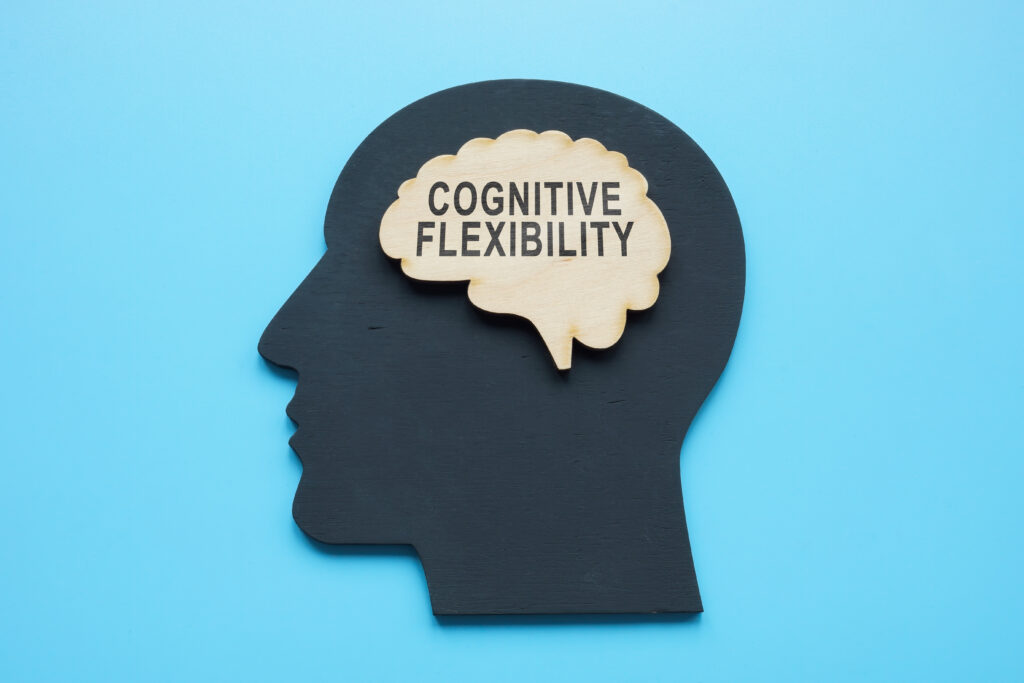
Cognitive reserve is a concept that describes the brain’s ability to maintain normal cognitive functioning despite age-related or disease-related changes or damage. It refers to the brain’s capacity to adapt and modify its neural networks to compensate for any loss or decline in cognitive function. This concept has gained considerable attention in recent years, particularly in relation to Alzheimer’s disease, a common type of dementia.
Dementia is a broad term that describes a group of cognitive disorders that affect memory, thinking, and behavior. It’s a progressive and irreversible condition that affects a person’s ability to perform daily activities. While the signs of Alzheimer’s disease are the most commonly recognized form of dementia, there are many other forms, including vascular dementia, dementia with Lewy bodies, and frontotemporal dementia, among others. While there’s currently no cure for dementia, recent research suggests that cognitive reserve may play a significant role in delaying or reducing the risk of developing Alzheimer’s disease.
The cognitive reserve theory proposes that individuals who engage in cognitively stimulating activities, such as reading, learning, and problem-solving, have greater cognitive reserve. These activities create new neural connections in the brain and strengthen existing ones, which enhances the brain’s ability to adapt and compensate for any cognitive decline that may occur due to aging or disease. Additionally, individuals with higher levels of education or occupational attainment, who engage in complex and demanding tasks, may also have greater cognitive reserve.
Research has shown that cognitive reserve may delay the onset of Alzheimer’s disease, as it allows the brain to compensate for any cognitive decline. For instance, a study conducted by Stern et al. (1994) found that individuals with higher levels of education had a lower risk of developing Alzheimer’s disease compared to individuals with lower levels of education, even when they had similar levels of brain pathology. Another study conducted by Valenzuela and Sachdev (2006) showed that higher cognitive reserve, as measured by education, occupation, and participation in cognitively stimulating activities, was associated with a reduced risk of developing dementia.
Additionally, cognitive reserve may help individuals with Alzheimer’s disease to maintain cognitive function for longer periods. Research has shown that individuals with higher levels of cognitive reserve may exhibit less severe symptoms of Alzheimer’s disease and maintain their independence for longer than those with lower cognitive reserve. For example, a study by Rentz et al. (2010) found that individuals with higher cognitive reserve, as measured by education and occupation, showed less cognitive decline in the early stages of Alzheimer’s disease.
There are several ways in which individuals can increase their cognitive reserve. Engaging in cognitively stimulating activities, such as reading, playing musical instruments, and learning new skills, may increase cognitive reserve. Additionally, maintaining a healthy lifestyle, including regular exercise and a balanced diet, may also help to increase cognitive reserve. Furthermore, social engagement and support may also contribute to cognitive reserve.
While cognitive reserve may delay or reduce the risk of developing Alzheimer’s disease, it’s important to note that it’s not a guarantee against the disease. Individuals with high cognitive reserve may still develop Alzheimer’s disease, but they may experience milder symptoms or maintain their independence for longer. Therefore, increasing cognitive reserve is not a substitute for other healthy lifestyle choices, such as maintaining a healthy diet, exercising regularly, and avoiding smoking and excessive alcohol consumption.
Cognitive reserve is an important concept in relation to Alzheimer’s disease and dementia meaning. It describes the brain’s ability to adapt and compensate for any cognitive decline that may occur due to aging or disease. Higher levels of cognitive reserve may delay the onset of Alzheimer’s disease, reduce the risk of developing dementia, and help individuals with Alzheimer’s disease to maintain cognitive function for longer periods. Engaging in cognitively stimulating activities may increase cognitive function substantially, but consult your health care practitioner before making any plans or taking any serious courses of action with a loved one who has Dementia or Alzheimer’s disease.
References:
- Stern, Y., Gurland, B., Tatemichi, T. K., Tang, M. X., & Wilder, D. (1994). Influence of education and occupation on the incidence of Alzheimer’s disease. Jama, 271(13), 1004-1010.
- Valenzuela, M. J., & Sachdev, P. (2006). Brain reserve and dementia: a systematic review. Psychological medicine, 36(4), 441-454.
- Rentz, D. M., Locascio, J. J., Becker, J. A., Moran, E. K., Eng, E., Buckner, R. L., … & Johnson, K. A. (2010). Cognition, reserve, and amyloid deposition in normal aging. Annals of neurology, 67(3), 353-364.
- Stern, Y. (2009). Cognitive reserve. Neuropsychologia, 47(10), 2015-2028.
- Scarmeas, N., Levy, G., Tang, M. X., Manly, J., & Stern, Y. (2001). Influence of leisure activity on the incidence of Alzheimer’s disease. Neurology, 57(12), 2236-2242.
- Zahodne, L. B., Manly, J. J., Brickman, A. M., & Siedlecki, K. L. (2015). Quantifying cognitive reserve in older adults by decomposing episodic memory variance: replication and extension. Journal of the International Neuropsychological Society, 21(8), 558-567.





